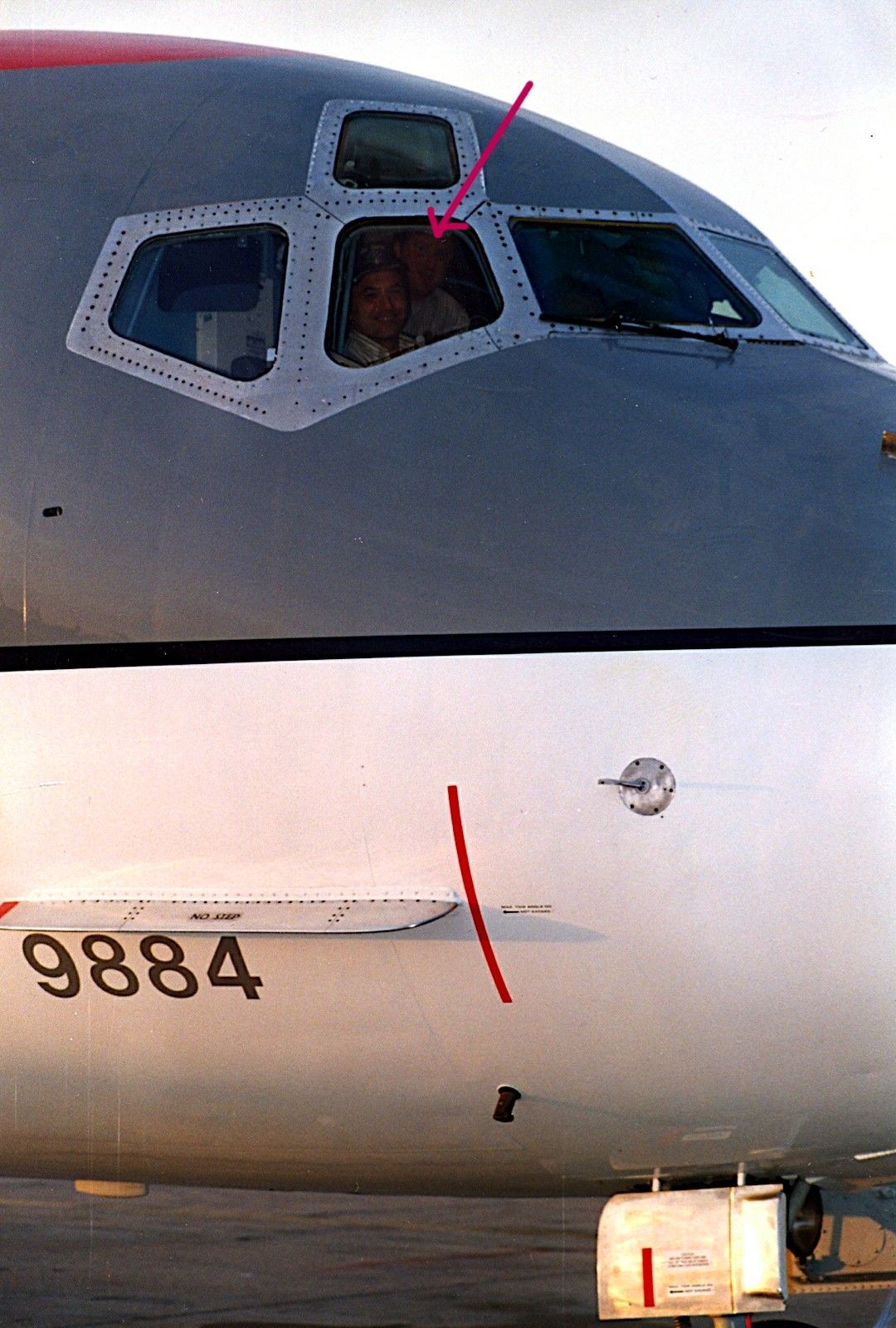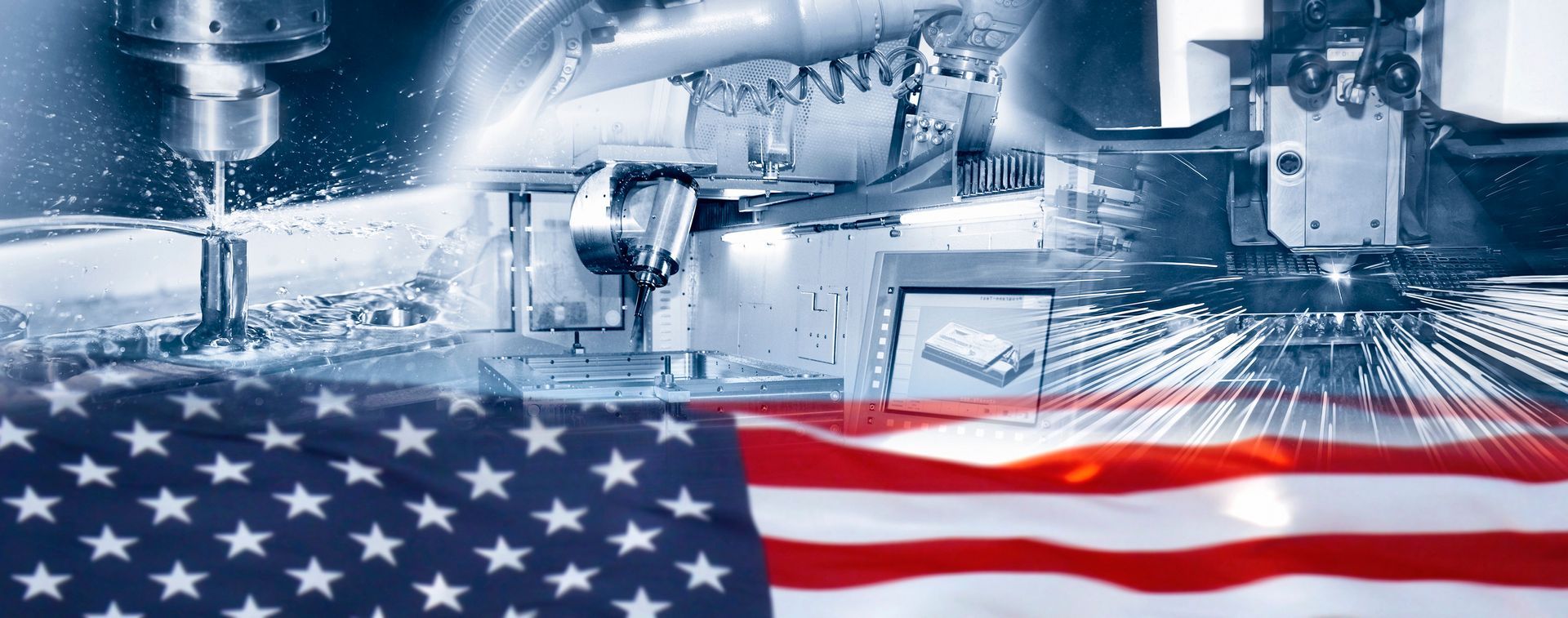Why We Ask If a Project is ITAR or EAR Controlled
nat rosasco • April 19, 2023
Why We Ask if a Project is ITAR or EAR Controlled
ITAR (International Traffic in Arms Regulations) and EAR (Export Administration Regulations) are U.S. government regulations that control the export and import of defense-related articles and services, including certain technical data and software. These regulations are designed to protect national security by restricting the export of sensitive military technologies to foreign countries or foreign nationals who are not authorized to receive them.
If a machining project involves the production of parts or components that are considered defense-related or have potential military applications, it may be subject to ITAR or EAR controls. In such cases, the project may require compliance with specific regulatory requirements, including registration with the U.S. State Department or the U.S. Commerce Department, obtaining export licenses, and implementing appropriate security measures to prevent unauthorized access or disclosure of controlled technical data.
It is important to ask whether a machining project is ITAR or EAR controlled because non-compliance with these regulations can result in severe penalties, including fines, imprisonment, and loss of export privileges. Additionally, failure to comply with ITAR or EAR controls can harm national security by potentially facilitating the unauthorized transfer of sensitive technologies to foreign countries or non-authorized parties.
When a customer submits a quote request
we will often confirm with the customer to be 100% we understand if the project is controlled by ITAR or EAR export regulations.
If a project is ITAR or EAR controlled:
- We store the data on our encrypted drive and handle it in compliance with CMMC and NIST800-171
- If we need to get a quote from a finisher, we can't email the drawing to them (we send a link the encrypted file for download)
- We can't email photos or images to our customer if we have a DFM question
- If we have visitors that are non-U.S. persons, ensure they do not catch a glimpse of the parts on a tour
- Inquire about DFARS or domestic material requirements (if that was not made clear in the RFQ)
- Inquire about quality reports, certifications and CoC's that may be required
- Make sure we receive a copy of all the flow downs that would come with a purchase order


